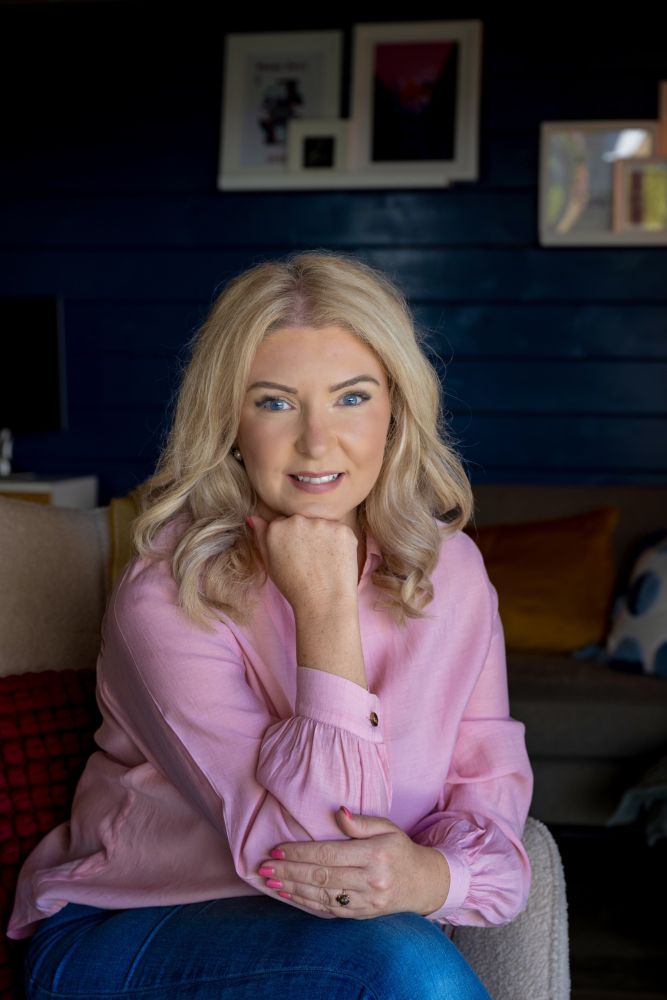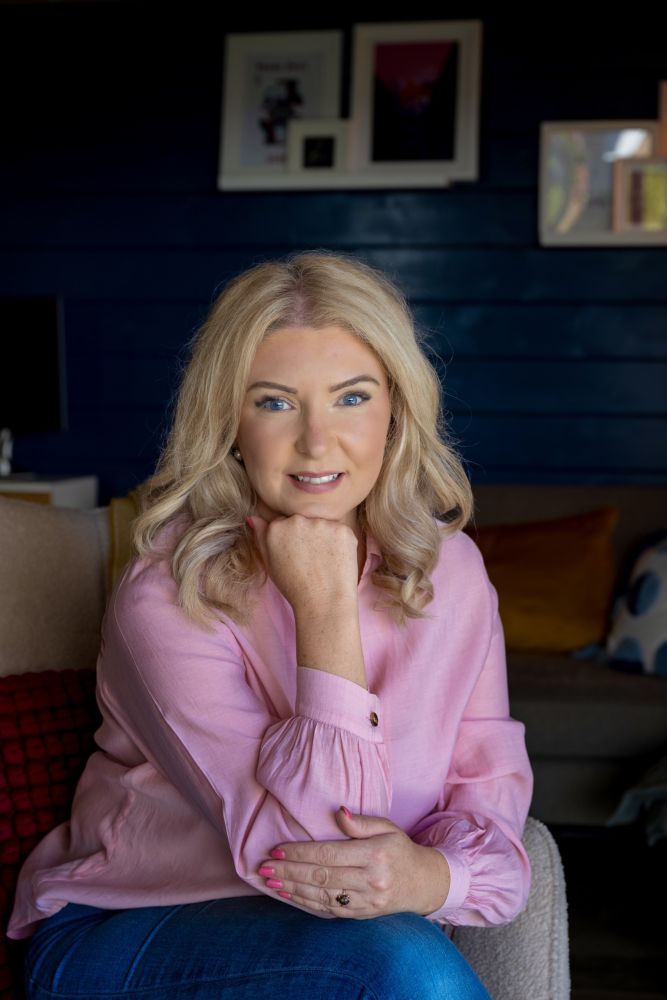Co-Regulation in Action: Supporting Children Through Anxiety and Distress

Target Audience: Primary School SNAs & Teachers
A recording will be shared with all registrants for a period of 4 weeks after the live event. All registrants will receive a cert of attendance.
In every classroom, moments of anxiety and distress are inevitable, but how we respond can make all the difference.
This one-hour webinar explores what co-regulation looks like in real school settings, where time, space, and emotional demands often collide.
We’ll look at how language, body language, and environmental adjustments can help children feel safe, seen, and supported—even when they are struggling.
Grounded in neuroaffirmative and trauma-informed practice, this session offers realistic, actionable strategies for teachers and SNAs to use during moments of dysregulation or overwhelm.
Participants will leave with practical tools that foster emotional safety, strengthen connection, and build capacity for calm in the classroom.
By the end of this webinar, participants will:
-
Understand the role of co-regulation in reducing distress and supporting emotional recovery
-
Recognise how adult tone, presence, and body language impact pupil regulation
-
Identify the early signs of anxiety and overload in autistic and neurodivergent pupils
-
Explore environmental adjustments that promote calm and predictability in the classroom
-
Leave with simple, evidence-informed co-regulation strategies to use throughout the school day
Bio of Presenter

Laura Crowley is an Autistic autism consultant, additional needs sleep consultant, and award-winning advocate with over 25 years’ experience supporting neurodivergent children, teens, and families. A late-identified Autistic woman and parent to an Autistic child, Laura’s work is grounded in both lived experience and professional expertise. She is passionate about promoting neuroaffirmative practice, challenging outdated myths, and creating environments where Autistic people can thrive authentically. Through her consultancy, training, and advocacy, Laura focuses on truth, inclusion, empathy, and equity; helping families, schools, and professionals understand that different is not less, it is human diversity to be embraced.
Celebrating Minds of All Kinds - Neurodiversity-Affirming Practice


Safety Before Skills: Creating Neuroaffirmative, Emotionally Safe Systems for Autistic Learners

This event will recorded and everyone who registers will receive a recording for 4 weeks after the event and a cert of attendance.
Session 1 | 9.30 – 10.40
Beyond Behaviour: Understanding the Autistic Nervous System
This opening session establishes a shared foundation and language for the day. It explores autism as a neurological and sensory experience rather than a behavioural one, introducing key concepts such as dynamic disability, autistic energy depletion, and why stress and anxiety often present as behaviour. The focus is on reframing behaviour as communication of distress and understanding what sits beneath distress.
Session 2 | 10.50 – 11.50
Connection Before Correction: Co-Regulation, Language and Adult Presence
This session moves into practical, in-the-moment support strategies. It focuses on co-regulation, the role of adult tone and body language, and how language choices can either regulate or escalate a situation. We explore common assumptions that drive conflict and look at supportive alternatives grounded in compassion and nervous system awareness.
Session 3 | 12.00 – 1.00
Belonging Over Masking: Supporting Inclusion Without Burnout
The final session widens the lens to long-term emotional wellbeing and inclusion. It explores the cost of masking, the difference between inclusion and assimilation, social navigation versus traditional social skills approaches, and the Double Empathy Problem. The emphasis is on the role of adults as translators of intent and creators of environments where authenticity and belonging are genuinely safe.
Presenter: Laura Crowley

Laura Crowley is an Autistic autism consultant, additional needs sleep consultant, and award-winning advocate with over 25 years’ experience supporting neurodivergent children, teens, and families. A late-identified Autistic woman and parent to an Autistic child, Laura’s work is grounded in both lived experience and professional expertise. She is passionate about promoting neuroaffirmative practice, challenging outdated myths, and creating environments where Autistic people can thrive authentically. Through her consultancy, training, and advocacy, Laura focuses on truth, inclusion, empathy, and equity; helping families, schools, and professionals understand that different is not less, it is human diversity to be embraced.